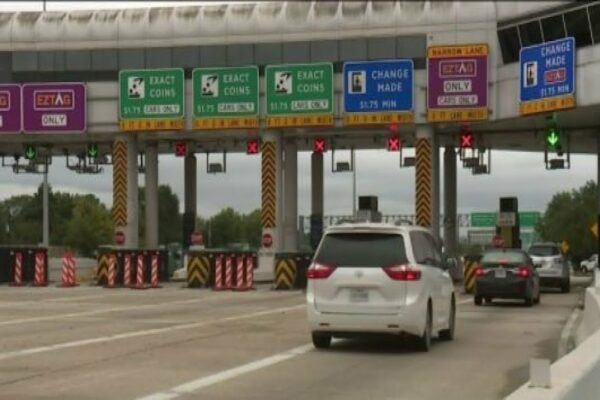Title: Exploring the Legality of Checkpoints in Rhode Island Introduction: In the realm of law enforcement, the practice of setting up checkpoints has become a subject of debate and scrutiny. Rhode Island, like many other states, has witnessed discussions surrounding the legality of these checkpoints. Understanding the legal position of checkpoints within Rhode Island’s jurisdiction is essential to grasp their implications on individual rights and public safety. Legal Framework in Rhode Island: Rhode Island’s legal landscape allows the establishment of checkpoints, provided they adhere to certain criteria. State law mandates that law enforcement agencies must obtain a warrant or possess reasonable suspicion to stop a vehicle at a checkpoint. These measures aim to strike a balance between public safety and constitutional protections against unreasonable search and seizure. Constitutional Considerations: The Fourth Amendment of the United States Constitution guarantees protection against unreasonable searches and seizures. In weighing the legality of checkpoints, courts have ruled that they can be permissible if conducted with minimal intrusion, a clear purpose, and adherence to specific guidelines. Rhode Island authorities must ensure that checkpoints are designed to serve public safety objectives without unduly infringing upon individual rights. Public Safety Objectives: Checkpoint operations in Rhode Island typically aim to address concerns such as impaired driving, license and registration compliance, and other traffic-related offenses. These road










